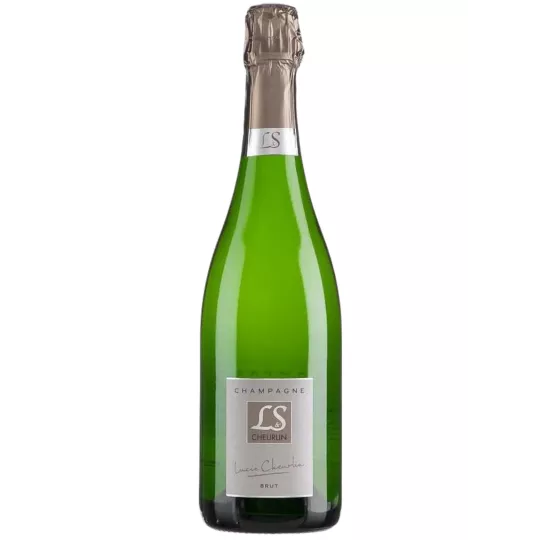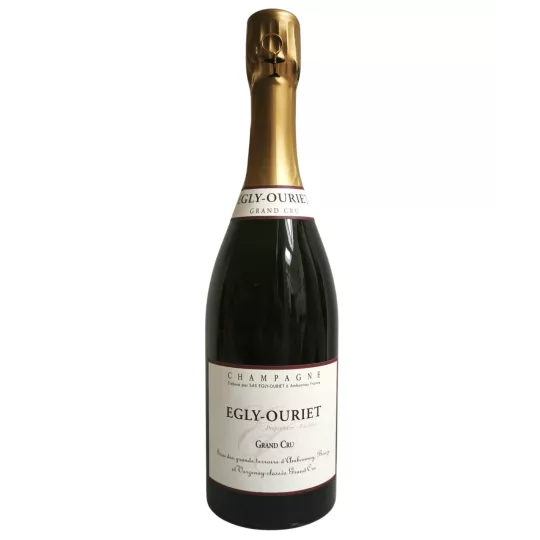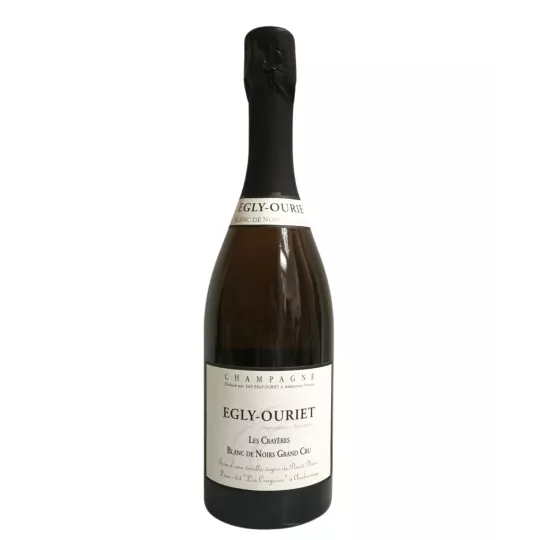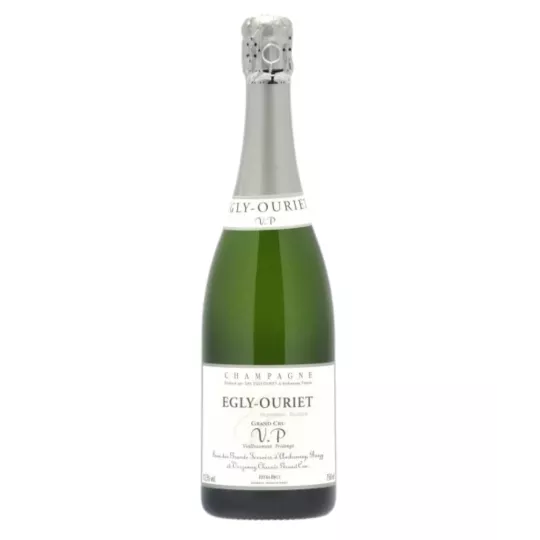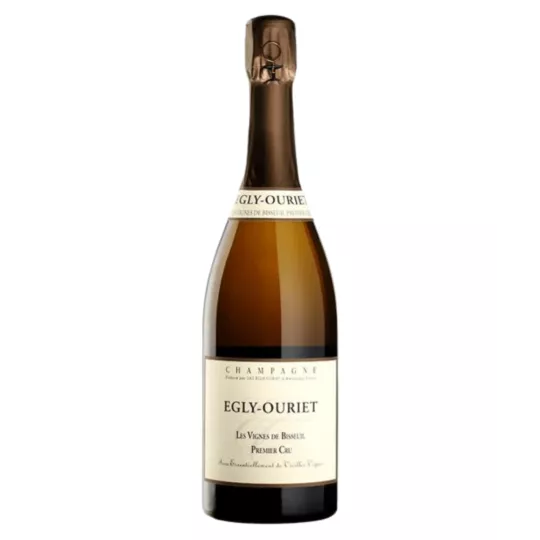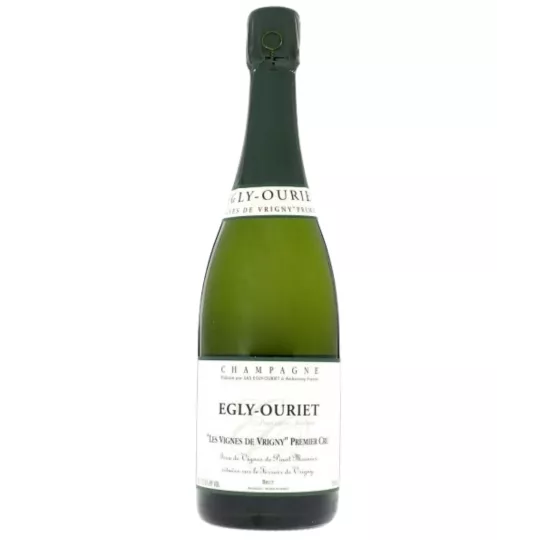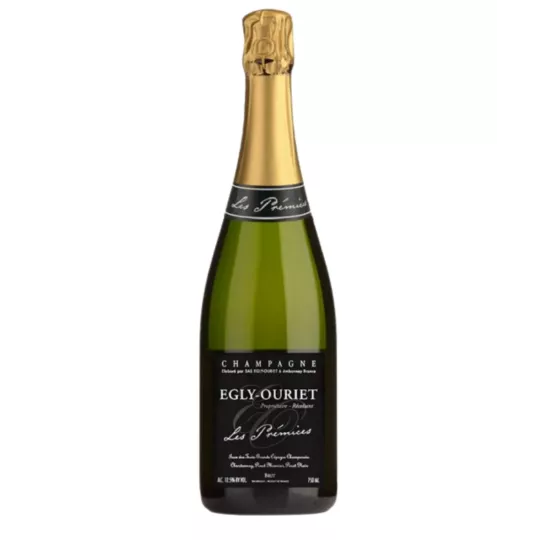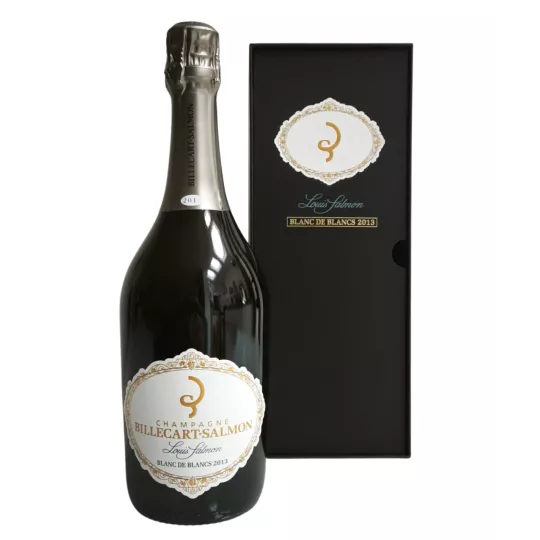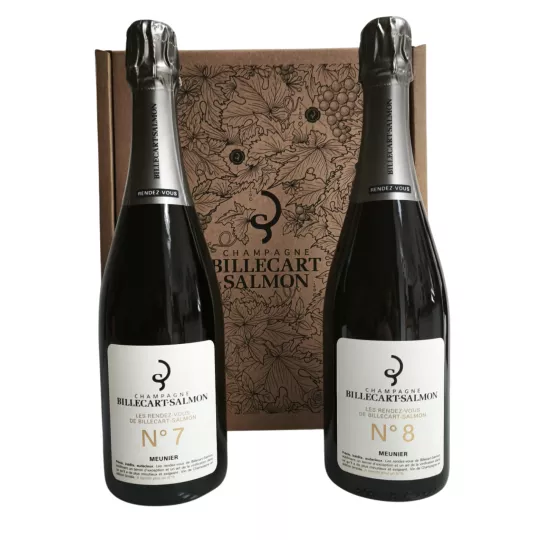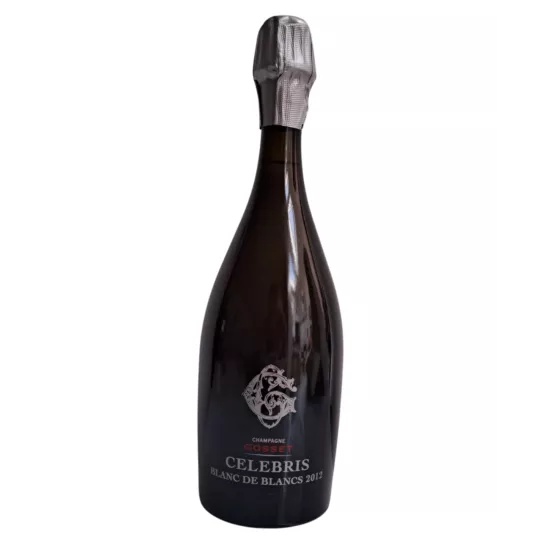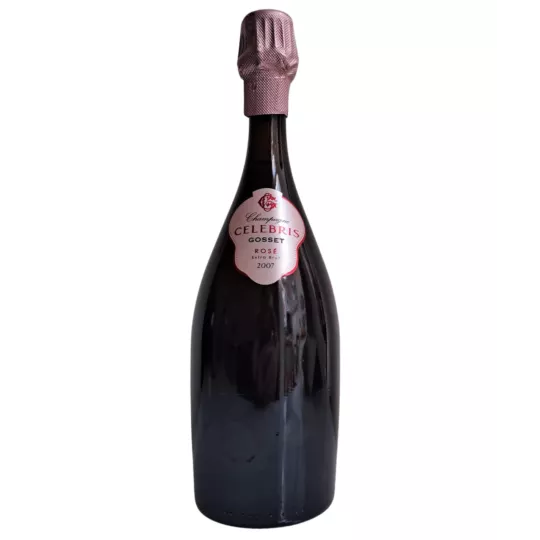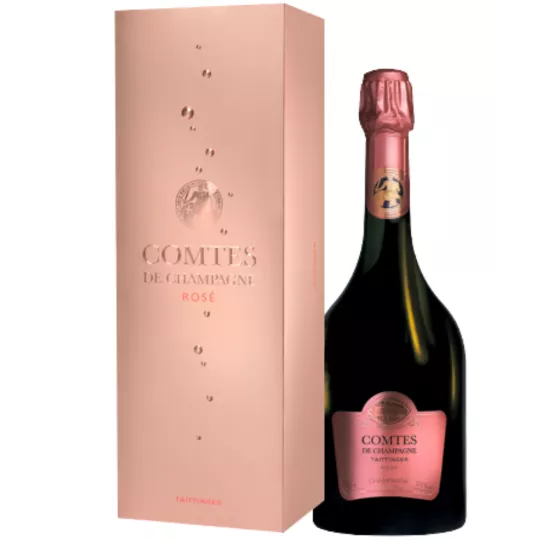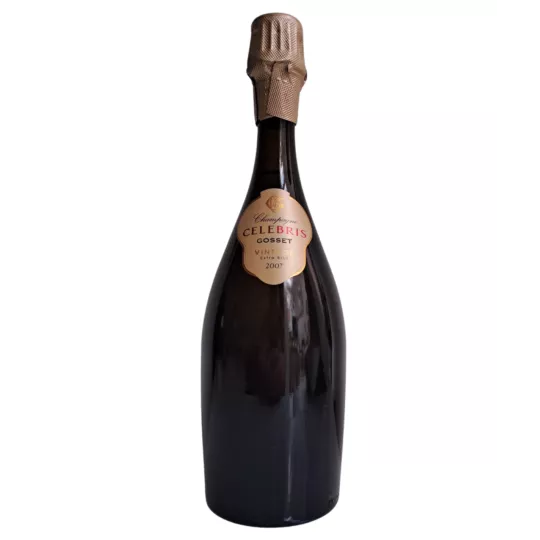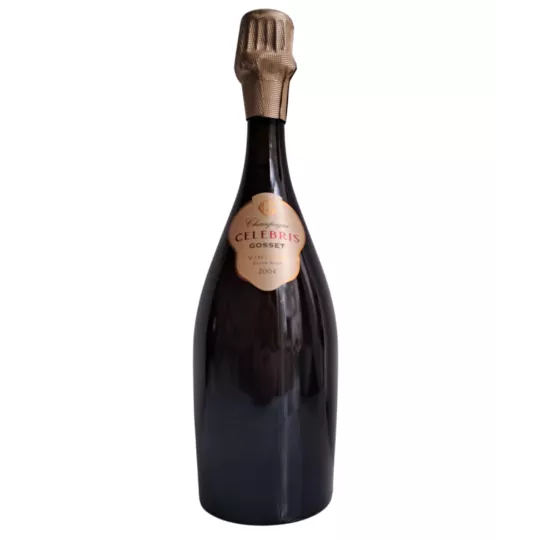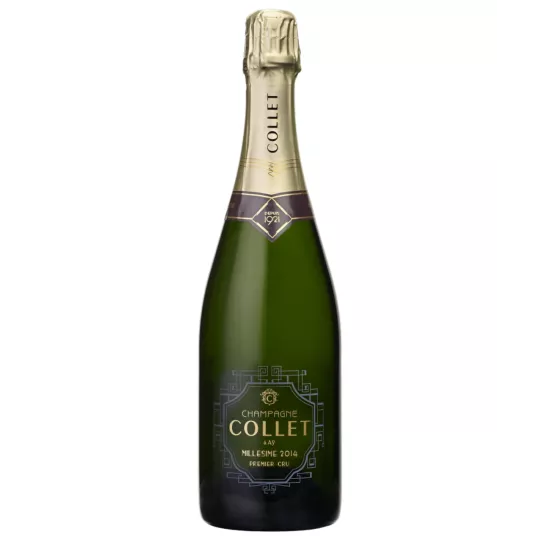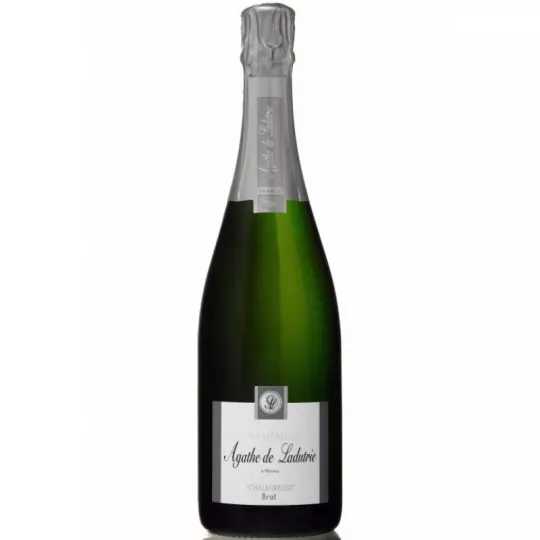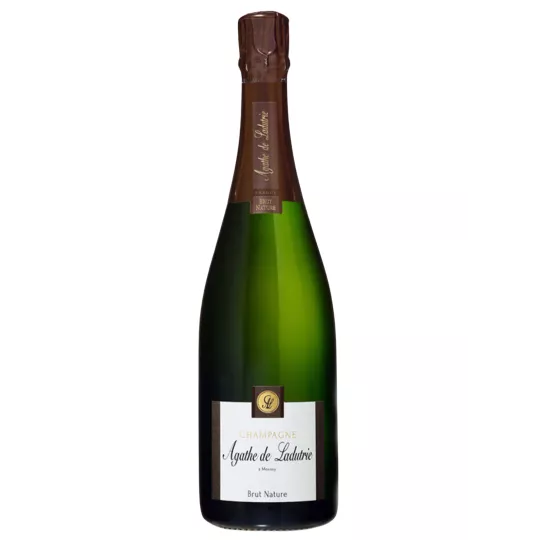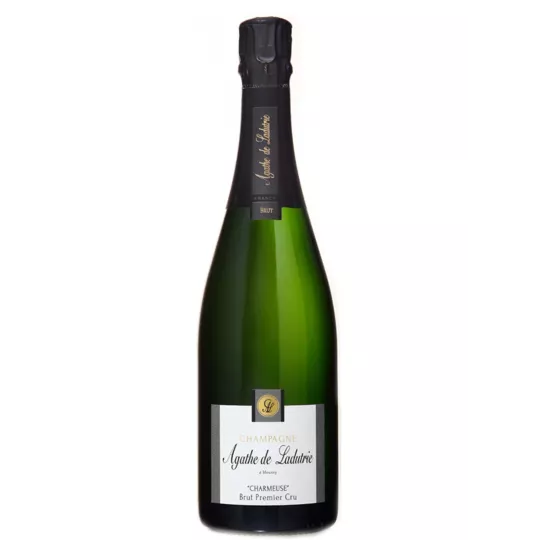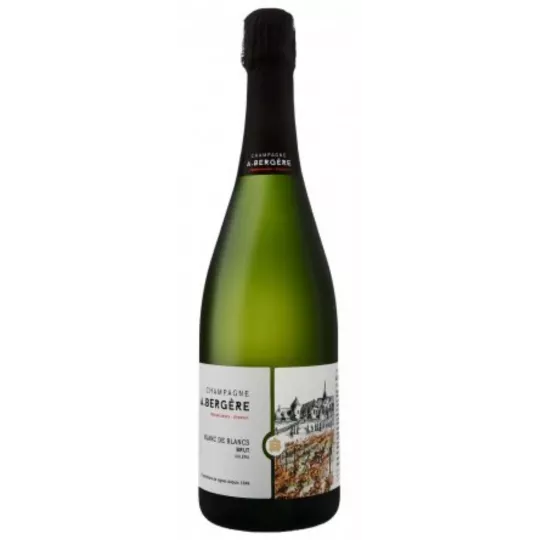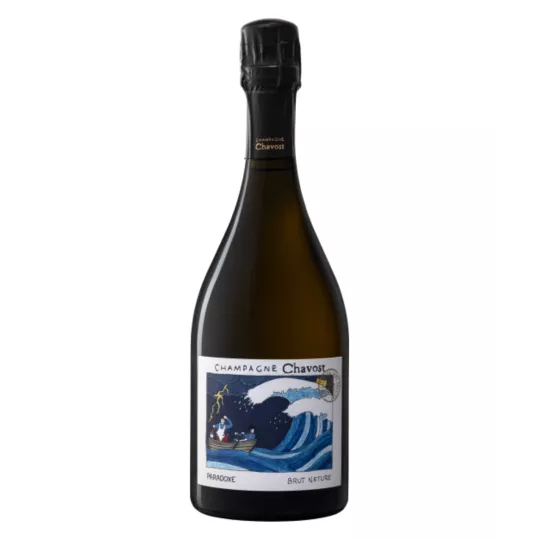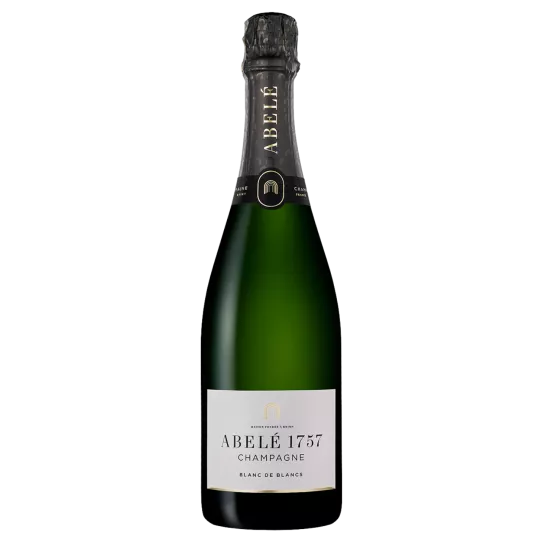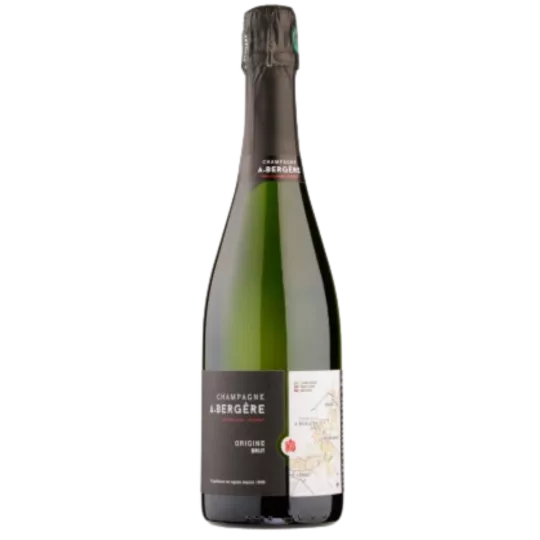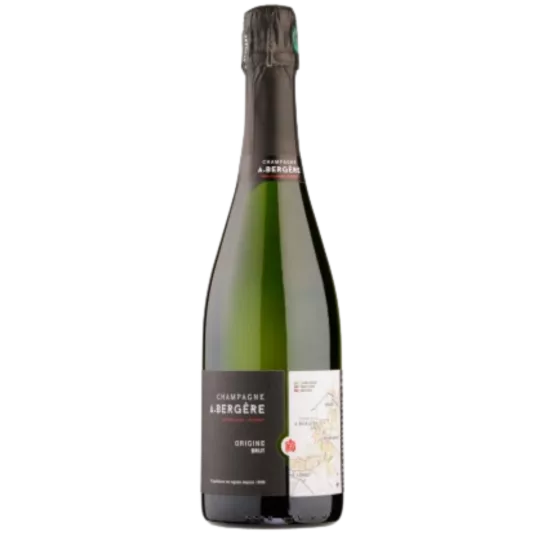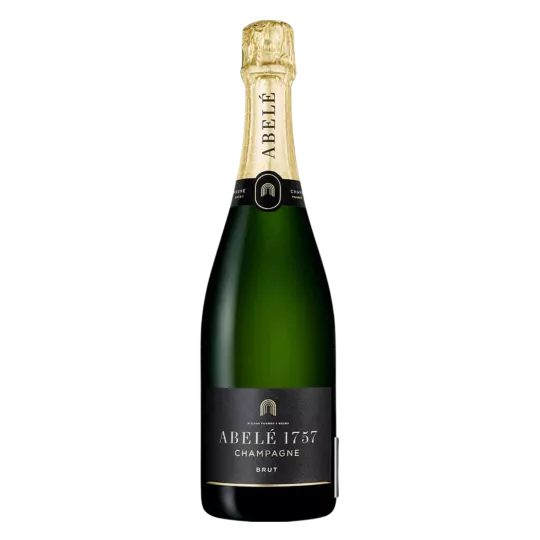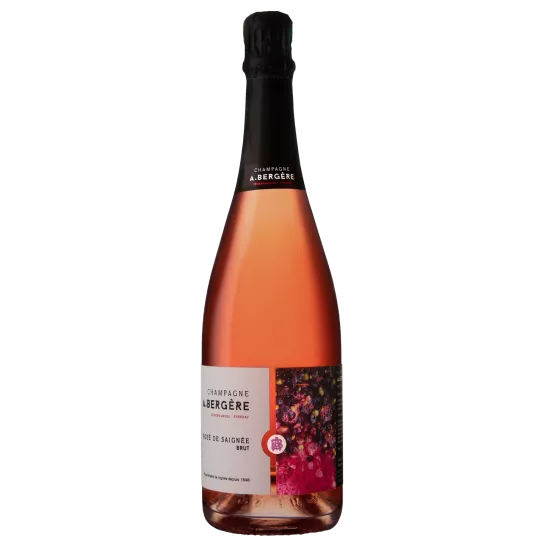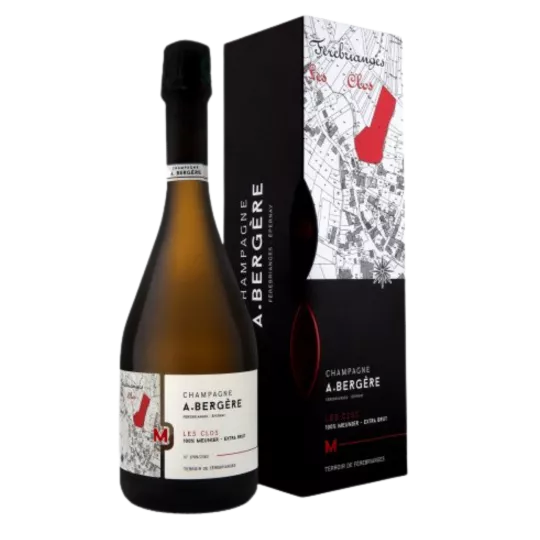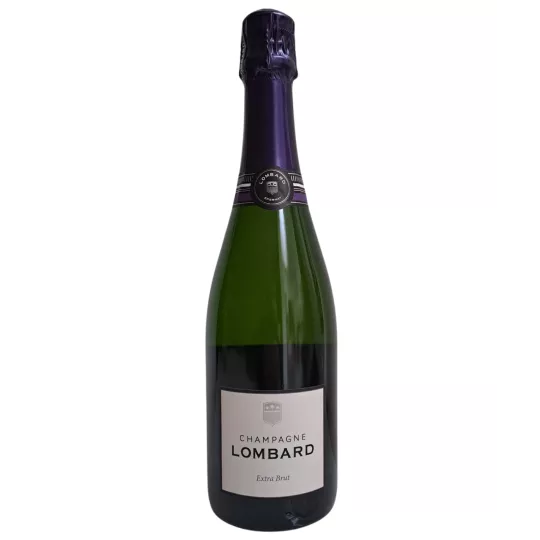
Traditional Sustainable Winegrowing
Buy champagne Traditional Sustainable Winegrowing
Champagne Tradition Viticulture Raisonnée: Recognizing a wine from sustainable viticulture, choosing the best crus
Welcome to our page dedicated to “Reasoned Viticulture in Champagne,” an approach that embodies the harmonious fusion between tradition, terroir and respect for the environment. Since the 1980s, the Champagne industry has been proactively committed to preserving its terroir while maintaining the exceptional quality of the wines of the AOC Champagne appellation. In 2001, it launched the Raisonnée Viticulture approach, followed in 2014 by the establishment of a specific certification, dedicated to the particularities of Champagne.
In this category, we will explore in detail the philosophy and practices of Sustainable Viticulture in Champagne, from soil management to grape harvesting, manual labor, the importance of terroir, and much more. Discover how this innovative approach combines respect for traditions and the environment to produce exceptional champagnes. Below you will find nine detailed sections, each addressing an essential aspect of Sustainable Viticulture in Champagne, followed by an FAQ to answer all your questions.
The Soil: Preserving our Vineyard Landscapes
At the heart of Sustainable Viticulture in Champagne is the preservation of the soil. Winegrowers use the grass cover technique to protect vineyard landscapes. This approach aims to avoid land exhaustion, prevent soil erosion and maintain underground microbial life. In this way, the winegrower strengthens the quality of the grapes and preserves the richness of our terroir.
The soil is the fundamental element that nourishes the vines and influences the unique character of each champagne. By preserving these precious soils, the winegrower contributes to the sustainability of Champagne viticulture.
The Champagne Vine: Preservation and Manual Work
The preservation of the vine is a central pillar of Sustainable Viticulture in Champagne. Manual work, from pruning the vines to maintaining the vines, is essential to guarantee the quality of the grapes. The winegrowers involved in this approach ensure that each vine receives special attention, thus allowing its full potential to be expressed.
Respect for the vine also extends to the reasoned use of inputs, thus minimizing impacts on health and the environment. La Viticulture Raisonnée in Champagne is committed to preserving the vitality of the vines for future generations.
The Harvest: The Choice of Excellence
The harvest is a crucial step in the creation of quality champagne. The grapes are carefully hand-picked, with meticulous attention to detail. This method ensures that only perfectly ripe grapes are selected, while the others remain on the vine to gain maturity.
After harvest, the grapes are transported to the Pressing Center, thus eliminating intermediaries and allowing the quality of juice pressing to be controlled. Each plot is carefully identified, offering the possibility of selecting the best grapes from the best plots.
The Elaboration of Champagne Cuvées: The Heart of the Cuvée
The vintages are made from the first press, which we call “the Heart of Cuvée.” This rigorous selection guarantees that only the purest and finest juices are used to create exceptional champagnes. Each bottle is the result of exceptional craftsmanship and the commitment to quality that defines Viticulture Raisonnée in Champagne.
The “Cœur de Cuvée” embodies the quintessence of the grape and the art of blending, offering a unique taste experience with each tasting.
Inputs and Respect for Health
Raisonnée Viticulture in Champagne places emphasis on controlling the use of inputs, thus contributing to the preservation of the health of the vines, the soil, and the environment. The winegrowers involved in this approach are looking for alternatives to chemical products, favoring gentler methods that respect the ecosystem.
Respecting the health of the vines is essential to guarantee the quality of the grapes and, therefore, the quality of the champagne you taste.
Responsible Water and Effluent Management
Responsible water management is a key element of Sustainable Viticulture in Champagne. Winegrowers ensure the conservation of this precious resource and the reduction of effluents from champagne production. This approach helps to preserve environmental balance while maintaining a high level of quality in production.
The approach taken in water management is tangible proof of Champagne's commitment to respecting the environment.
Preservation of the Land and Biodiversity
The preservation of the terroir and biodiversity is at the heart of Raisonnée Viticulture in Champagne. Winemakers strive to maintain a delicate balance between producing high-quality champagne and protecting local ecosystems.
This approach is expressed through the preservation of soils, hedges, wooded areas and local fauna. It guarantees that each bottle of champagne tells a unique story of the Champagne terroir.
Respect for Vineyard Landscapes
The Champagne wine landscapes are emblematic of the region and its cultural heritage. Sustainable Viticulture in Champagne aims to protect, maintain and preserve them for future generations.
Using grass cover, reducing environmental impact and considering landscapes in every decision helps ensure these spectacular views never disappear.
The Commitment of Champagne Winegrowers
Sustainable Viticulture in Champagne is based on the sincere commitment of winegrowers to sustainable practices. Many winegrowers, convinced by the approach, have chosen to self-assess or pursue certification. Their passion for the Champagne region, combined with their commitment to the environment, guarantees the sustainability of this innovative approach.
The commitment of winegrowers is the cornerstone of Raisonnée Viticulture in Champagne and contributes to shaping a sustainable future for the region.
FAQ: Your Questions about Sustainable Viticulture in Champagne
Q: What distinguishes Raisonnée Viticulture in Champagne from other viticultural approaches?
A: Raisonnée Viticulture in Champagne is distinguished by its commitment to preserving the terroir and minimizing environmental impact while maintaining the exceptional quality of the wines of the AOC Champagne appellation. It is based on environmentally friendly practices, rigorous management of inputs, and meticulous attention to detail.
Q: How does Sustainable Viticulture in Champagne contribute to the quality of champagne?
A: By preserving the health of the vines, the terroir, and the environment, Raisonnée Viticulture in Champagne ensures that the grapes used to produce champagne are of the highest quality. This results in purer, finer, and more expressive wines.
Q: What are the advantages of hand-picking in Sustainable Viticulture in Champagne?
A: Hand picking allows the grapes to be selected at their peak of maturity, thus guaranteeing exceptional quality. It also preserves the vine and minimizes damage to the grapes.
Q: How do winegrowers reduce the use of inputs in Sustainable Viticulture in Champagne?
A: The winegrowers involved in the process are looking for alternatives to chemicals and favoring gentler methods. This may include the use of natural preparations, biological control, and the promotion of biodiversity in vineyards.
Q: How does Sustainable Viticulture in Champagne contribute to the preservation of biodiversity?
A: Sustainable Viticulture in Champagne preserves natural spaces, such as hedges, wooded areas, and wildlife habitats. This promotes biodiversity by providing an environment conducive to local flora and fauna.
Q: Why is responsible water management important in Sustainable Viticulture in Champagne?
A: Responsible water management contributes to the preservation of water resources, the reduction of effluents and the protection of aquatic ecosystems. It is essential for maintaining a healthy environmental balance.
Q: How can I recognize a champagne from Raisonnée Viticulture in Champagne?
A: Champagnes from Raisonnée Viticulture in Champagne are generally certified. Look for certification notices and logos on the bottle label to ensure its origin and quality.
Q: How can I support Sustainable Viticulture in Champagne as a consumer?
A: By choosing champagnes certified Viticulture Raisonnée in Champagne, you are supporting winegrowers committed to this sustainable approach. You can also learn about the practices and values of producers and support them by making informed purchases.
Q: What is the impact of Sustainable Viticulture in Champagne on the global environment?
A: Sustainable Viticulture in Champagne contributes to reducing the overall environmental impact of viticulture by preserving soil, biodiversity, and water resources. This contributes to a healthier environmental balance and the production of better quality champagne.
Explore our range of champagnes from Raisonnée Viticulture in Champagne and discover a new dimension of pleasure and respect for the Champagne terroir. We are proud to offer you exceptional wines, the fruit of Champagne's commitment to sustainability and quality.
